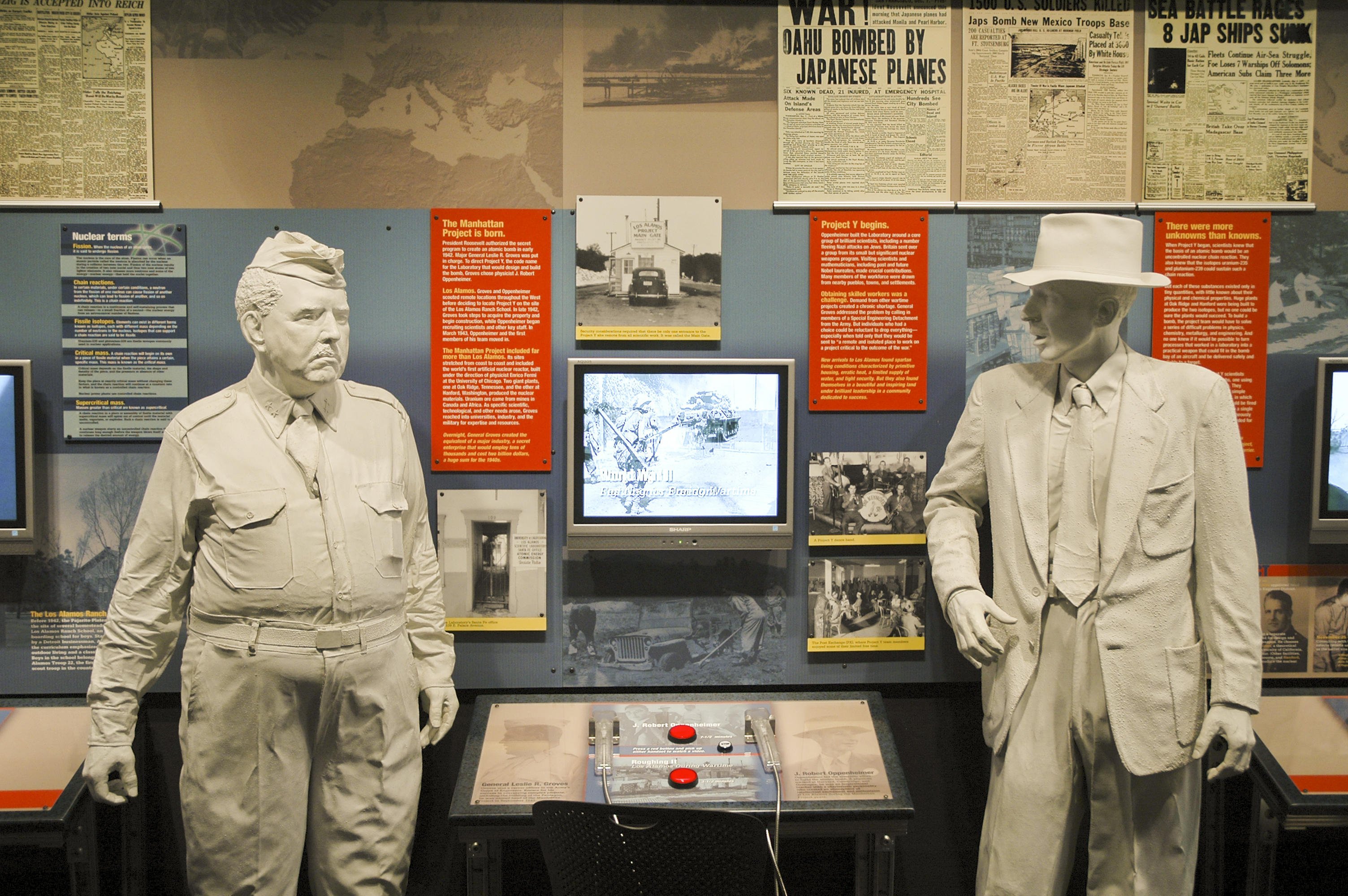In scenes faintly reminiscent of Terminator 3, OpenAI has partnered with Los Alamos National Laboratory to use artificial intelligence (AI) systems to “supercharge” atomic research and strengthen US nuclear security.
ADVERTISEMENT GO AD FREE
A significant part of the plan is to use AI-powered supercomputers to reduce the risk of nuclear war, while simultaneously helping to secure more nuclear materials and weapons worldwide.
Fear not; the scheme is more complicated than using ChatGPT to make decisions on nuclear strategy. OpenAI, in collaboration with Microsoft, will deploy O1 – a powerful language model designed for complex reasoning – or another O-series model on Venado, a cutting-edge supercomputer at Los Alamos lab.
Venado already uses advanced AI to solve critical problems related to science and national security, from disease treatment and astrophysics to power grid protection and cybersecurity. With OpenAI’s help, the aim is to further enhance and expand its capabilities.
In a statement, OpenAI and Los Alamos listed some of the collaboration’s other initiatives:
- “Identifying new approaches to treating and preventing disease”
- “Achieving a new era of U.S. energy leadership by unlocking the full potential of natural resources and revolutionizing the nation’s energy infrastructure”
- “Improving U.S. security through improved detection of natural and man-made threats, such as biology and cyber, before they emerge”
- “Deepening our understanding of the forces that govern the universe, from fundamental mathematics to high-energy physics”
- “Enhancing cybersecurity and protecting the American power grid”
- “Accelerating the basic science that underpins U.S. global technological leadership”
“AI has sparked a new era of scientific progress. With the capabilities from OpenAI on Venado, we have a chance to make contributions to the nation that seemed impossible just a few years ago,” Jason Pruet, director of Los Alamos’ National Security AI Office, said in a separate statement.

J. Robert Oppenheimer, the first director of Los Alamos National Laboratory, is depicted in the model on the right, alongside Leslie Groves.
Image credit: Jeffrey M. Frank/Shutterstock.com
The idea of using AI in this kind of research isn’t totally novel. Los Alamos – the spiritual home of the Manhattan Project and Oppenheimer – says that “nearly all of the Laboratory’s missions are using it in some capacity.” The lab has also teamed up with OpenAI before, announcing a project last year that investigated how AI systems like ChatGPT-4o could be used safely to advance bioscience research.
ADVERTISEMENT GO AD FREE
As you can see, the latest collaboration between OpenAI and the US National Laboratories does not mean that AI will have its “finger on the red button”. Officially, the initiative is primarily focused on scientific research, with no direct role in nuclear strategy or military decision-making.
Nevertheless, none of this will be much reassurance to skeptics who are wary about using AI in any discussions about nuclear strategy.
Long before the current AI boom, nuclear weapons have been associated with automated and semi-automated systems. For instance, the USSR possessed the so-called Dead Hand system that could fire back a retaliatory nuclear strike even if the Soviet leadership was wiped out. Once activated, it was capable of autonomously launching intercontinental ballistic missiles upon machines detecting signs of a nuclear attack.
While OpenAI’s new partnership is focused on science rather than military decisions, the uneasy relationship between AI and nuclear security will undoubtedly remain a subject of hot debate in years to come.
Source Link: OpenAI And Los Alamos Lab Will Use AI For Nuclear Weapon Security